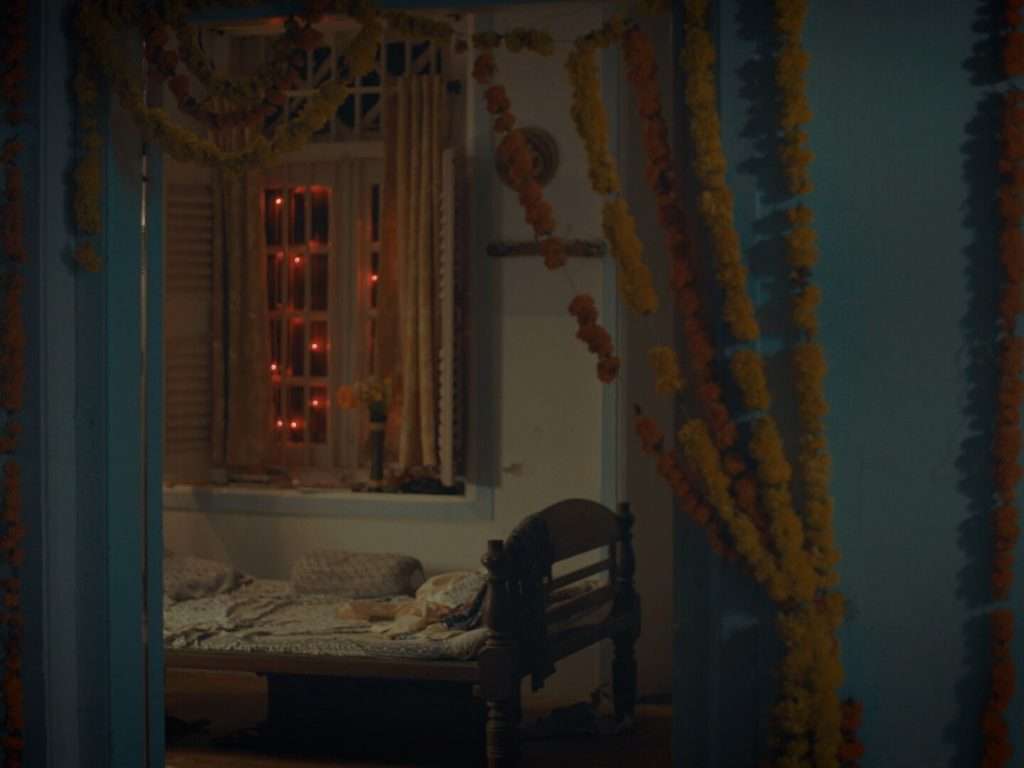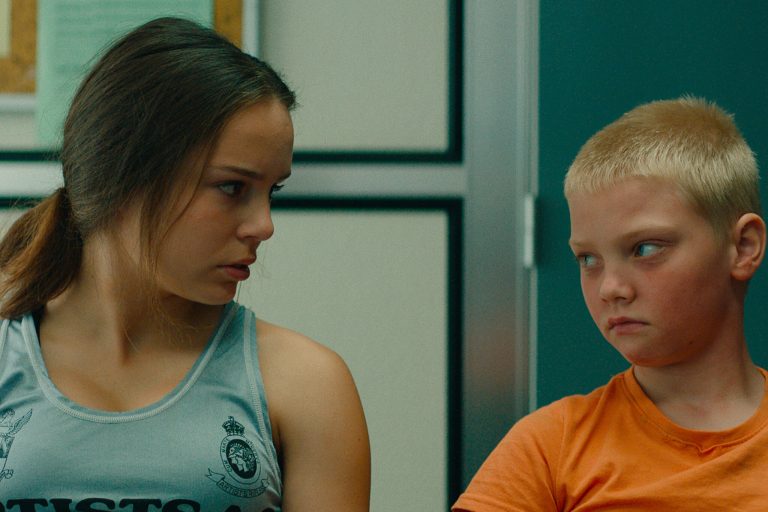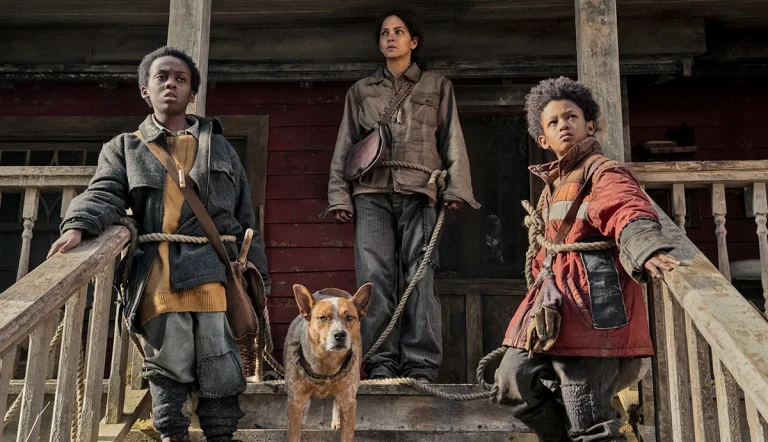In Places I’ve Called My Own (2023), Tara (an extraordinarily immersed Aditi Vasudev) has been trying to conceive for a while. She’s in the middle of a promising IVF cycle when she is called back home to India from the States. Her father has passed away. The pandemic is in full swing. Tara left home under fractious circumstances, as we slowly learn. The apartment’s walls are stacked with pictures of her grandparents and great-grandparents and so on. Tradition and roots permeate every inch of this household. Her mother feeds the birds, and when Tara suggests she should stop doing so, she insists they are, after all, her ancestors. They must be respected.
Writer-director Sushma Khadepaun is a storyteller gifted with exquisite minimalism. She does not indulge in creating too many dialogue-laden scenes, trusting us instead to make out backstories through the traces and outlines of an encounter, a confrontation or simply picking the cues from where and how she chooses to let her camera linger. In this short film, the director keeps returning to and fixating our attention on all the photographs lining the walls.
Khadepaun does not explicitly articulate it, but we can infer the weight all the decisions and diktats of these men must have had on how their family and its members functioned through the generations, including its circumscribing impact. We can only imagine what a toll it must have taken on a younger, queer Tara in forging her selfhood and desired identity amidst these spaces so heavily bound to the constrictive ties of male authority. Her mother (Amardeep Jha) is perplexed.

That Tara couldn’t identify with a conventional sense of femininity and now wants a child is incomprehensible to her. She still nudges a pair of earrings onto Tara. The violence of compliance and expectations pokes its presence out as she tries those on. Again, the script does not stress these rifts in understanding. The film, in its quiet maturity, steers clear of any traditional dramatic moments.
When Tara finally runs into Anya (Bhumika Dube), who was once close to her before she left and is now married with a kid, the flare of sexual tension between them is immediately palpable. The ever-reliable Dube charges the film with wistfulness and ache. When Anya asks Tara if she will be moving back home to India since her father has willed her the flat, Tara asks why she should. For her? The crumpled longing in Dube’s eyes fills in for the answers. With a wonderful sense of economy, the scene tells us everything we need to know about their relationship, their individual journeys, and their intuitive understanding of one another.
In precise, deftly measured strokes, the film explores Tara staking out her selfhood. She is deeply aware that she must extricate herself from these spaces she grew up in, as well as the losses incurred in the process of letting go. As much as the film uses a moment of return as the axis of the narrative, Khadepaun is equally invested in what one has to forego in order to gather oneself into being what one has always sought to be. It circles growth with a bittersweet tinge of inevitable departures and separations. There is a lovely moment when the mother and daughter share a laugh. These moments are as tenderly, lightly etched as when it is the time to leave.
This intimately textured film, sharply restrained and perfectly chiseled, respects its characters who realize the gulf between them and yet manage to prise out both affection and warmth from the cracks.








![The Guilty [2021] Netflix Review – An Emotionally Taxing Crisis of Faith Wrapped In an Edge-of-the-seat Thriller](https://79468c92.delivery.rocketcdn.me/wp-content/uploads/2021/10/The_Guilty_Netflix-768x512.jpg)